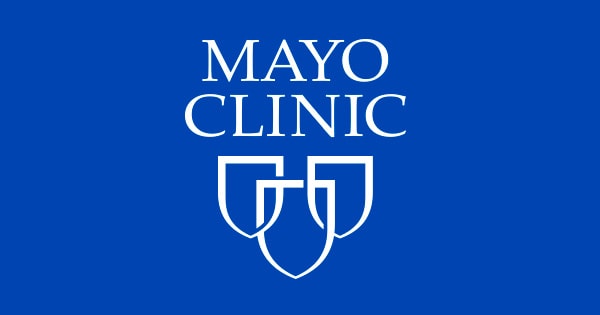The food industry writes USDA food regulations ?

Monsanto is top of the list for this.
In many cases in Hawaii we have found "farmers markets" to be an enclave of repackaged Cosco fruits and vegetables. When a kind older lady has a table full of products that couldn't possibly all have been raised on her land or on the islands it may be an indication that it is sourced elsewhere.
And then there's Cook's Bounty market, right around the corner from me, where everything is clearly from within a few hundred yards of that spot. The produce doesn't look like it was hit with a clone stick. There's also the option of simply pulling up to a farm. There's always SOMETHING being harvested. Right now, it's coffee and guavas.
But you're right -- it's the wild west of deception and treachery out there. And Americans can look in the mirror if they want to see who is to blame.
Take olive oil. More than half of the olive oil on the supermarket shelf right now is either adulterated or counterfeit. (Canola oil and chlorophyll.) The problem is so bad, that you can return a bottle/tin of oil, say "this is fake," and they will quietly refund your money to hustle you out of the store. All the fake oil enriches the mafia and terrorist groups. Why does this scam happen? Simple. People don't know what the real thing tastes like. They've been using bogus olive oil for so long that if you put the real thing in front of them, they wouldn't like it. I like to compare it to the difference between real maple syrup and "Log Cabin." They don't taste even close to the same. If I could find a way to put log cabin into an expensive bottle, and then sell it someplace where people don't know the difference, I could make a killing.
Every time this comes up, someone always demands, "I always buy XYZ brand, and it says first cold press EVOO
right on the label." Like that means anything at all. It's just a bottle and a label. People also want to know which brand contains the real thing -- not understanding that "who is fake and who is real" is like trying to play a game of whack-a-mole.
The only way not to be hornswoggled is to know how real olive oil tastes. There are lots of olive farmers in California and Texas. Pick one and buy a bottle. Expensive, huh? That's right. Because that's how much real olive oil costs. Try some. Now you know. Same as my maple syrup analogy. Also the same as the difference between Kona Coffee and the "10% blends" which are finally disappearing from supermarket shelves thanks to litigation.





